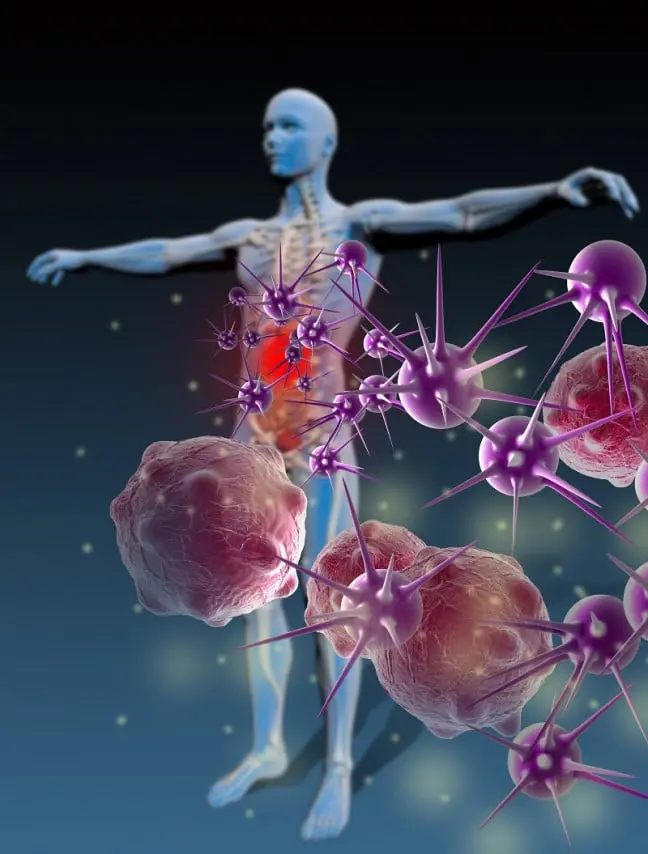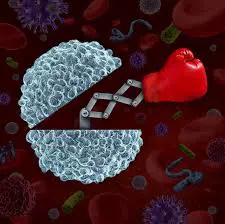The Cure Within: How the Immune System Is Being Rewired to Destroy Cancer

For centuries, cancer was a biological puzzle, an enemy hiding in plain sight, multiplying from within and evading every weapon thrown at it. But now, researchers say we’re on the cusp of a fundamental shift in how cancer is treated, thanks to the astonishing rise of immunotherapy.
Led by pioneering work from Harvard researchers and their global collaborators, a new era of treatment is unlocking the body’s ability to identify and destroy cancer cells from the inside. Unlike chemotherapy or radiation, which attack healthy and cancerous tissues alike, cancer immunotherapy trains the immune system to hunt tumors with precision, reducing collateral damage and potentially offering long-term remission.
“This is a paradigm shift,” says Dr. Arlene Sharpe, a renowned immunologist at Harvard Medical School. “We’re no longer just attacking the disease, we’re teaching the body to recognize it and eliminate it on its own terms.”

The story of this breakthrough has its roots in basic science. For years, cancer was considered nearly invisible to the immune system, which typically ignores the body’s own cells. But researchers uncovered ways tumors suppress immune responses, and more importantly, how to override that suppression. These findings gave rise to treatments like checkpoint inhibitors, which release the immune system’s natural brakes, and CAR T-cell therapies, which genetically reprogram immune cells to better identify cancer.
Now, new generations of therapies are being engineered to target specific tumor types with even greater accuracy and fewer side effects. Clinical trials in leukemia, lung, and skin cancer have shown remarkable survival rates, offering hope for once-incurable cases.
Yet even as the technology advances, challenges remain. Some patients respond dramatically, while others don’t respond at all. Researchers are racing to understand why, seeking biomarkers that could predict outcomes or suggest personalized immunotherapy strategies.
Cost and access also remain barriers, with some cutting-edge therapies priced in the hundreds of thousands of dollars. But as techniques improve and manufacturing scales up, experts are hopeful that immunotherapy will become more affordable and widespread in the next decade.
“This is just the beginning,” says Dr. Sharpe. “We’re learning how to turn the immune system into a programmable tool, not just for cancer, but possibly for a whole range of diseases.”
The road to curing cancer is far from over, but for the first time in history, the map is changing. And it starts with the body itself.